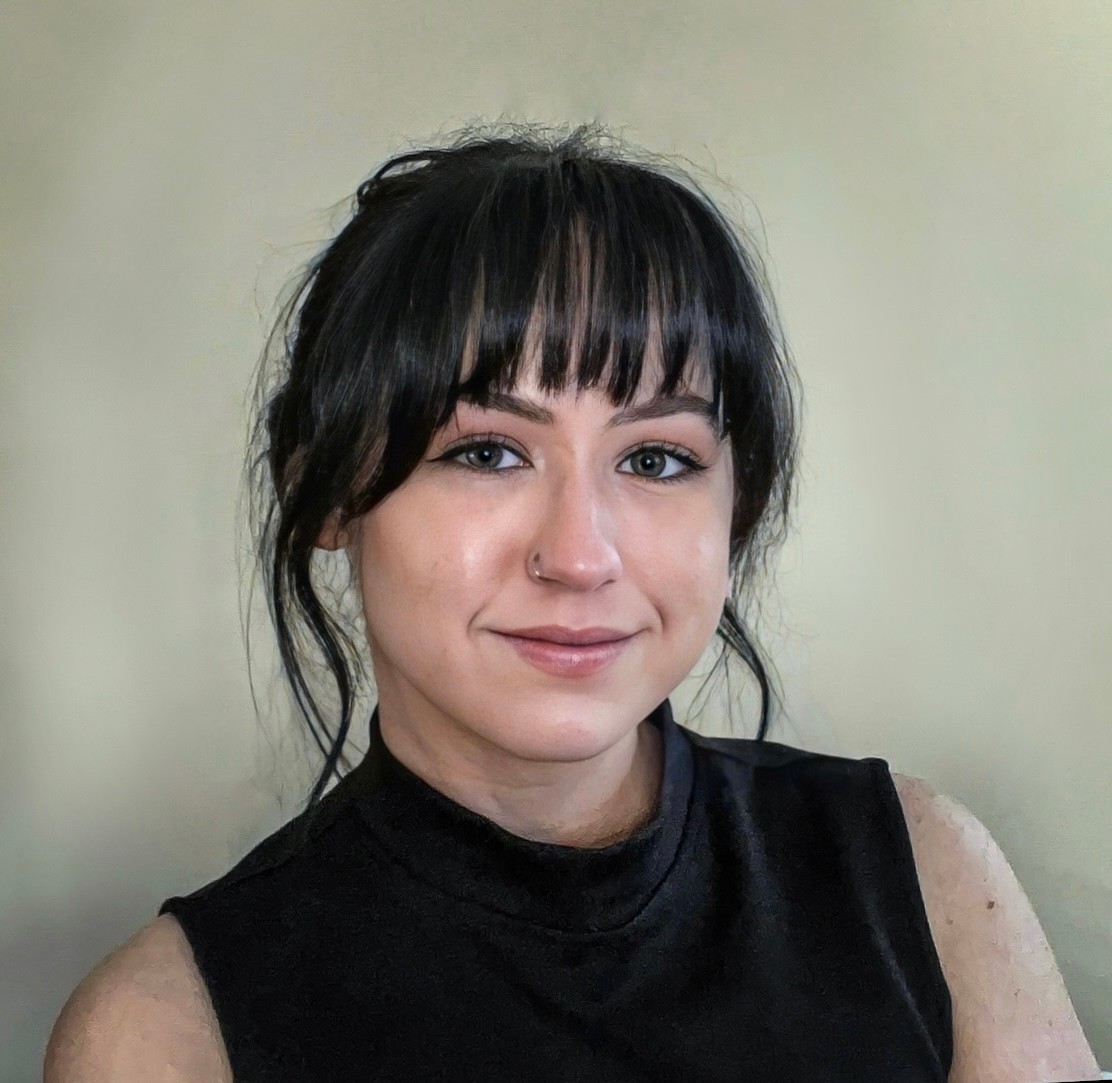
Graphic by iStock
Miranda Mayeaux chose to focus on mental health when she enrolled at the Boston College School of Social Work in fall 2021. But it wasn’t until she started taking courses in trauma-informed care that she was able to narrow down her career path and find her niche.
“I was so nervous about doing trauma work because that’s really heavy stuff. You can’t even imagine what some people go through. I’m thinking, ‘how am I going to be able to keep my cool and maintain my composure and give them effective services if I’m overwhelmed by the things that they’re telling me?’” says Mayeaux, MSW’22. “But after getting into some of the trauma courses, it was like, ‘no, this is exactly what I want to do.’”
The courses, which have been revamped over the past few years, are one component of the school’s Trauma Integration Initiative, a holistic program that prepares students to help clients cope with trauma while guarding themselves against its effects. According to studies, 85 percent of social workers routinely treat clients with a traumatic condition, while one in seven social workers develop post-traumatic stress disorders.
Mayeaux has applied what she has learned in three trauma courses to her work with teens at The Home for Little Wanderers, a nonprofit child and family service agency in Boston. One course, “Adult Psychological Trauma,” provided a blueprint for understanding how problems in youth may show up later in life.
“I just look at the overall trajectory of where they are, how an issue might present for them in adulthood, and what I can do now so it doesn’t end up being such a big struggle,” says Mayeaux, a clinical intern at the agency.
“Advanced Trauma Theory and Treatment Modalities” has helped her recognize when her clients are in fight-or-flight mode—an automatic physiological reaction to an event that is perceived as frightening—and given her the tools to help them switch off the response.
She practices deep breathing with one client, a young woman who often feels disconnected from her thoughts, feelings, and memories. “Whenever she starts to get into that state, we do the breathing,” says Mayeaux, who is on track to earn a certificate in trauma from BCSSW. “It really helps her to stay present in the moment. And it also gives her a sense of control over what’s happening, which is really helpful in her treatment.”
Mayeaux says her newfound knowledge helped her land a full time position as an outpatient trauma clinician for the Bowdoin Street Health Center in the city’s Dorchester neighborhood, a job she will begin in June. She credits “Child and Adolescent Trauma” with teaching her how trauma can be passed down from one generation to the next —a skill that will come in handy as she works with clients from age 4 to 90.
As part of her role, Mayeaux will join the Boston Neighborhood Trauma Team and provide emergency support to people who have been affected by community violence. She says she plans to cope with vicarious trauma by practicing self-care—she likes to read, journal, and chill out in front of the TV—but her clients will be her top priority when she’s working.
“I’m so focused on caring for my clients that it’s very easy to put everything going on inside of me on the back burner so I can be present and help them,” she says. “I think the effect is definitely after, whenever I’m sitting back in the office and doing notes and it’s like, ‘Wow, that just happened.’”
“I was so nervous about doing trauma work because that’s really heavy stuff. You can’t even imagine what some people go through. But after getting into some of the trauma courses, it was like, ‘no, this is exactly what I want to do.’”

Miranda Mayeaux. Courtesy photo
Kathleen Flinton, an assistant professor of the practice who co-chairs the TII, says the trauma curriculum readies students to respond to the traumatic experiences of clients who have suffered as a result of violence, racism, or other forms of oppression.
“We have created these courses to prepare students to work with trauma beyond an understanding of PTSD,” she says. “We are using a broad approach to trauma that includes many lived experiences that present a threat to life, safety, and survival and anchored this approach within a social justice framework.”
Flinton describes Mayeaux as “thoughtful” and “deeply committed” to helping clients cope with trauma. As the faculty member who led Mayeaux’s courses in “Child and Adolescent Trauma” and “Advanced Trauma Theory and Treatment Modalities,” she says her student’s ability to connect and engage with her clients signal that she will succeed as a social worker.
“Miranda has been great to get to know and work with over these two courses,” she says. “I’m excited to see how her practice evolves over the course of her career and the contributions she will make.”
Mayeaux was drawn to social work long before she was earning degrees in the field. As a kid, she says she had a therapist who made her feel heard and cared for, and she wanted to pay it forward.
“I remember thinking, ‘I want to do that for other people,’” Mayeaux recalls. “I wanted to be able to make other people feel the way that this therapist made me feel whenever I needed somebody most.”
After graduating with her bachelor’s degree in social work from Northwestern State University in 2021, she enrolled in the Advanced Standing MSW program at Boston College, which will allow her to complete her degree in less than one year. She says she chose BC for the quantity and quality of mental health clinics in Boston. As she puts it, “I was like, ‘I need to get in there. It’s perfect. It’s in the city. It’s a bigger place for me to explore and expand my knowledge.”
Mayeaux credits Flinton with helping her realize that she has what it takes to work with clients who have experienced severe trauma. She describes her teacher’s classroom as a “safe space for everybody,” where every lesson begins with a grounding exercise to bring students into contact with the present.
“You need to be present so you can fully absorb what we’re going to talk about today,” Mayeaux recalls Flinton saying. “What we talk about is dysregulating, but Kathleen is able to normalize it—these are heavy topics and you can get through,” she adds. “It was something that really got to me whenever I was considering whether I could do trauma work.”
Mayeaux plans to continue working as an outpatient clinician for the foreseeable future and want to become a licensed independent clinical social worker within the next two years. But she says her primary goal is helping her clients make positive changes to their lives.
“I want to provide them with something that they can look back on and say, ‘I got help, something that this person said stuck with me, I'm carrying that with me, and it’s helping me.’”


